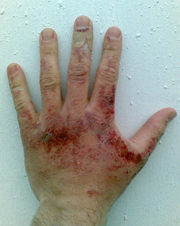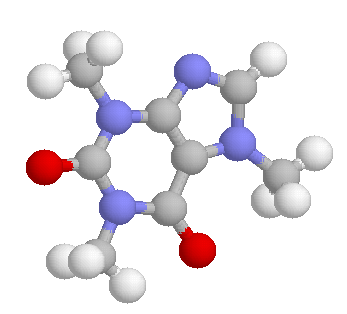Complete the following:
- Make sure you've seen your test paper, and written a sentence in your book about it. 'I achieved %. To improve, I am going to keep and start .'
- What was one part of this term that you enjoyed?
- What was one thing about science this term that you would like to change?
- Complete this activity. What do our red blood cells do for us?
- What job do white blood cells do in the blood?
- Complete this puzzle, naming on eogan in the digestive system.
- In what ways can bacteria get into your blood?
- Complete this activity. What changes the volume of the guitar?
- Complete this activity about light, and write down one thing you find out:
- Try this wordsearch, or any of the old links from this site.






